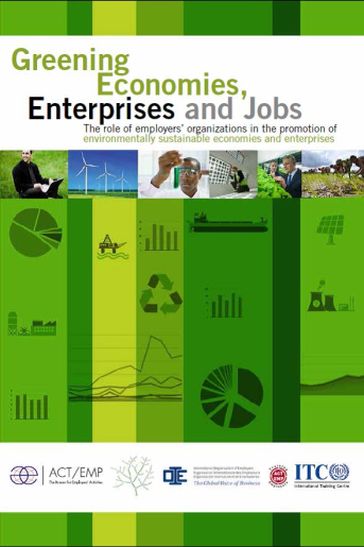Tools and Services on Working Conditions
2016
-
Resource list
ILO Technical Notes - The state of application of the provisions for social security of the international treaties on social rights
02 September 2016
-

Publication
Guide on the Harmonization of Labour Inspection Statistics
02 August 2016
This publication provides a methodology for the use of common terms and definitions and common procedures for the collection and compilation of labour inspection data. It also incorporates several additional recommendations that further the objective of harmonizing labour inspection statistics.
-
ILO Research paper No. 14
Global Supply Chain Dynamics and Labour Governance: Implications for Social Upgrading
13 May 2016
This paper examines how the emergence and change of the fragmented cross-national production system affects social upgrading in developing countries, focusing on the impact of private governance on labour conditions and workers’ rights. It also discusses the role of private voluntary standards in governing labour relations in GSCs, and their limitations and tensions with buyers’ purchasing practices.
-
Conditions of Work and Employment Series No. 73
Productivity, wages and unions in Japan
31 March 2016
-

Publication
Greening Economies, Enterprises and Jobs: The role of employers’ organizations in the promotion of environmentally sustainable economies and enterprises
15 March 2016
This resource guide provides an overview on: the evolving contribution of business to the sustainable development debate; planetary boundaries, environmental challenges and their implications for business; the greening of enterprises and workplaces, and; the role that business and employers’ organizations can play in lobbying and service development in the environmental field.
2015
-
Publication
Non-standard working in public services in Germany and the United Kingdom
19 December 2015
This paper is focused on those employed in the central civil service and those employed in local and regional government in Germany and the UK.
-
Publication
Unacceptable Forms of Work : Results of a Delphi Survey
16 December 2015
The objective of this Delphi study was to explore and find consensus among diverse stakeholders on potential dimensions and descriptors of UFW; this, in turn, would serve as a framework to identify what measures could be undertaken to enable transition from working conditions that are unacceptable, to conditions that allow workers to work and live in dignity.
-
Document
Portfolio of policy guidance notes on the promotion of decent work in the rural economy
14 December 2015
-
Publication
Unacceptable Forms of Work : A global and comparative study
14 December 2015
Unacceptable forms of work (UFW) have been identified by the International Labour Organization (ILO) as work in conditions that deny fundamental principles and rights at work, put at risk the lives, health, freedom, human dignity and security of workers or keep households in conditions of poverty.The report takes as the central purpose of identifying UFW to devise targeted social and economic policies that aim to eliminate or transform jobs that are entirely unacceptable
-
Factsheet no. 4 - Labour Relations and Collective Bargaining
The application of collective agreements
14 December 2015
Ideally, workers and managers will ensure that collective bargaining agreements (CBAs) are applied. Managers will make sure that workers are paid the agreed rates and that working conditions are as specified in the latest agreement. Trade union officers will communicate with workers, explaining what has been agreed and discussing how to approach the implementation of any changes. Managers and trade union representatives together will monitor the application of the agreement and work together within agreed procedures to resolve any problems that arise with putting it into practice. In many circumstances, however, the application of agreements is not so straightforward.